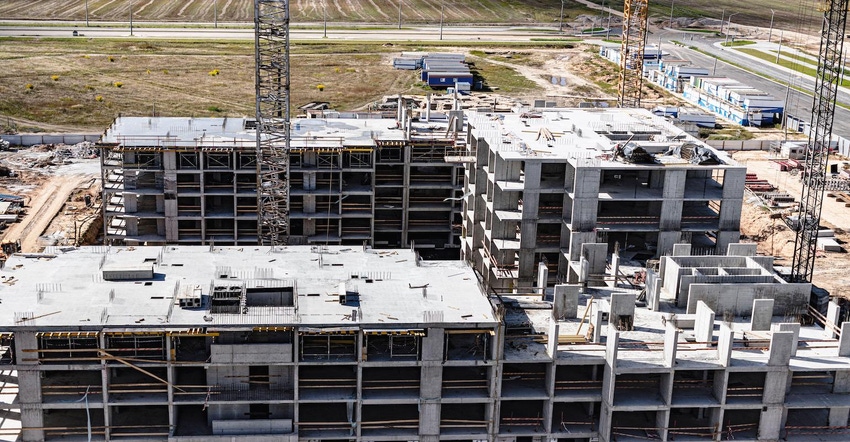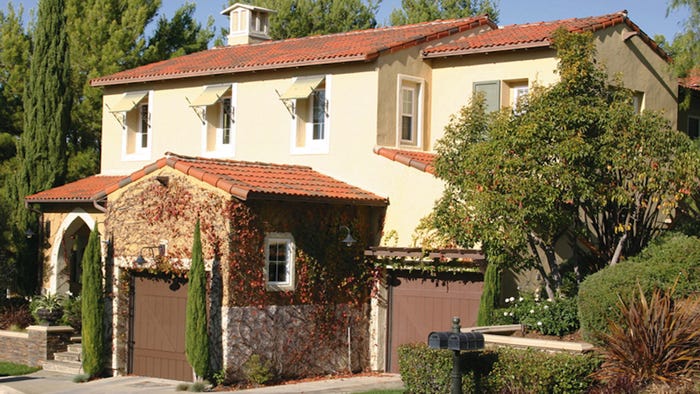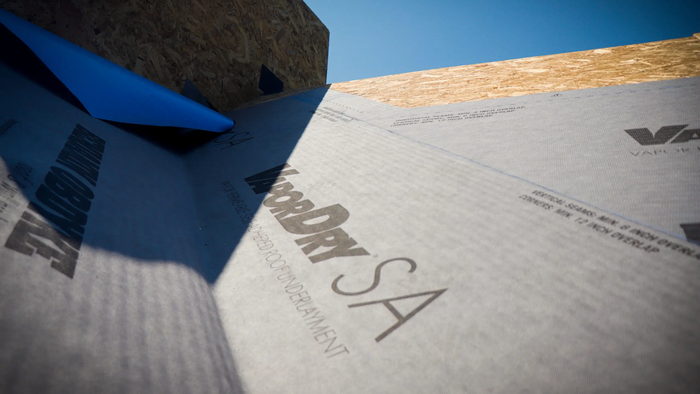Our industry’s interest in creating sustainable construction has not come out the blue. Evidence of these continued efforts were unveiled early this month when the MIT Concrete Sustainability Hub released its 2021 Annual Report.

There have been a lot of recent developments in concrete construction’s role in sustainable construction. Interest started in late 2021 when the Portland Cement Association (PCA) unveiled its Roadmap to Carbon Neutrality by 2050 pledge.
Last month, the White House launched a Buy Clean Task Force, which will harness the federal government’s purchasing power to promote lower-carbon construction materials. And early this month the PCA submitted comments (attached) to the U.S. Department of Energy’s Advanced Manufacturing Office stating that federal policy and support is vital to accelerate the deployment of technologies that can decarbonize the industrial sector.
Our industry’s interest in creating sustainable construction has not come out the blue. Through your support of tens of strategic efforts, concrete construction has greatly reduced its carbon footprint and helped other non-construction activities be more sustainable.
Evidence of these continued efforts were unveiled early this month when the MIT Concrete Sustainability Hub released its 2021 Annual Report. The report outlines the CSHub’s research, implementation and communications activities toward the goals of realizing carbon neutrality, building world-class infrastructure with finite resources, and creating cities resilient to the stresses of climate change.
When you look through the annual report you’ll notice that outreach is just as important as research. The CSHub published ten journal papers, including one in the Proceedings of the National Academy of Sciences. They published eight research briefs. Staff created six webinars signing up more than 1,300 attendees. And they connected in the digital world with 23,000 YouTube views.
All this occurred without any loss of the innovative research the team has undertaken. CSHub researchers delved into important topics about concrete’s influence into resiliency, structural health, pavements, and CO2 sequestration.
Here, at this link, the report has been made available to the public for download.
The MIT CSHub was co-founded by the RMC Foundation and the Portland Cement Association and is an industry-academic collaboration.
For more information on the work of the MIT CSHub or RMC Research & Education Foundation, contact the Foundation’s Executive Director Julie Garbini.
Read more about:
sustainabilityAbout the Author(s)
You May Also Like




